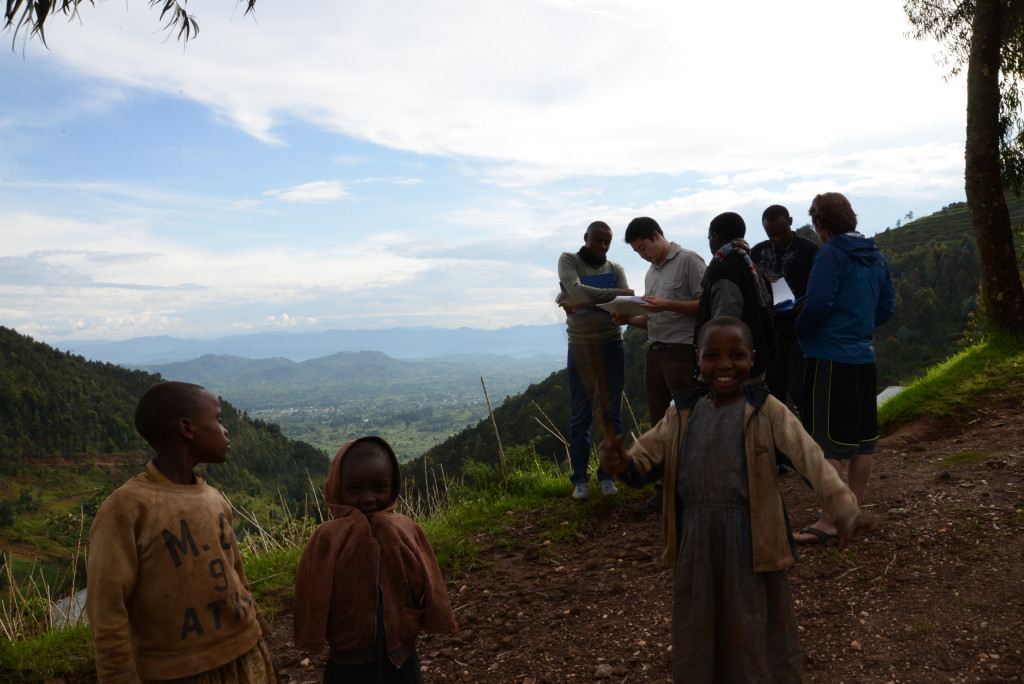Project aims to provide rationale for wider investment in last mile communities throughout the developing world as new Sustainable Development Goals come into operation
The Smart Villages Initiative today announced that it has completed the first phase of a specially designed study to quantify and understand the impact of sustainable modern energy access on rural development outcomes in Rubagabaga village, northern Rwanda. The study is attracting a great deal of interest worldwide because of its unique focus on developing an operational model for initiatives targeting the new Sustainable Development Goals of providing energy access for all by 2030.

As the first private-public-community partnership (PPCP) of its kind in Rwanda, Rubagabaga village will receive clean electricity through a run-of-river mini hydro-electric system with a generation capacity of 300kW. The project will establish a community-based organization (CBO) that will be responsible for providing community access to electricity. The CBO will also focus on using electricity productively by creating community-based enterprises with the potential to bring value into the village through linkages to external supply chains.
To quantify the impact of the project, the Smart Villages team has designed a novel suite of data collection instruments. This approach operationalises and enhances the newly released Global Tracking Framework from SE4ALL and the World Bank to measure energy access among rural. The team has
employed field tested indicators quantifying the impact of modern energy access on factors including: livelihood activities, health, education, food security, vulnerabilities, aspirations.
“Building an evidence base on the impact of modern energy access on development outcomes is key to stimulating the investment of public and private sector resources in rural energy access and development initiatives. Based at the Universities of Cambridge and Oxford, we are able to leverage our academic background to do just this, through designing metrics and data collection vehicles, undertaking rigorous data analysis, and disseminating results to a wide audience of stakeholders,” says Dr. Terry van Gevelt, Project Manager Smart Villages Initiative and Research Associate, University of Cambridge.

The work has been supported by the Rwandan Ministry of Infrastructure. It is hoped that the PPCP concept will become a template approach for providing modern energy access and catalysing rural development in the rest of the country. Technical feasibility studies suggest that there is the potential to roll out more than 300 similar projects over the next decade.
“Providing energy access for all is one of the most ambitious of the new Sustainable Development Goals. Of the 1.2 billion people without energy at the moment, a significant number are in remote rural communities with little realistic hope of being connected to the grid by 2030. However, there is a growing consensus that renewable off-grid energy can provide a solution. Through this and additional studies we plan to initiate in other regions, we aim to create the evidence base to convince policy makers and other stakeholders to take action,” says Dr. Bernie Jones, Co-Project Leader.
The Smart Villages Initiative is already analysing baseline data with results to be shared by August 2015. Endline data is scheduled to be collected in June 2017, with our findings expected to be ready for dissemination in October 2017.





